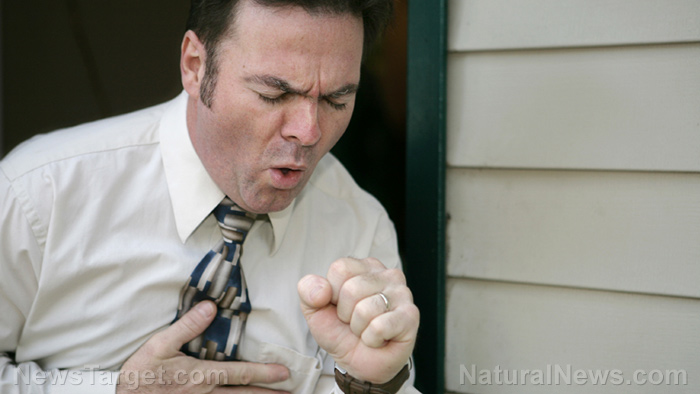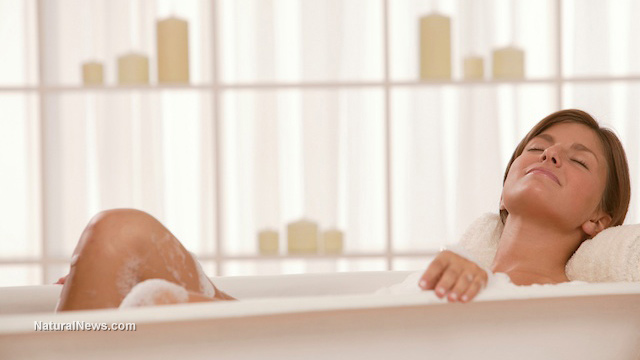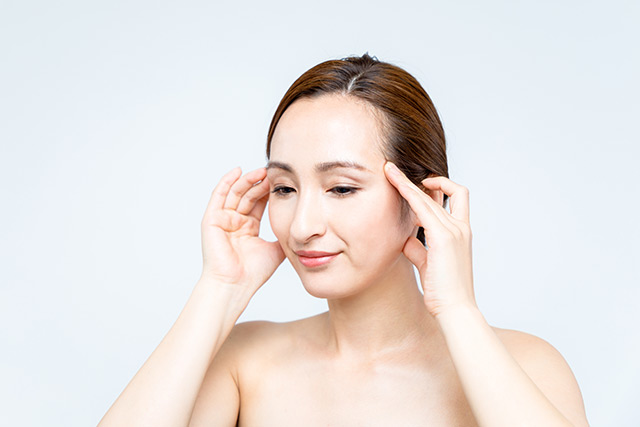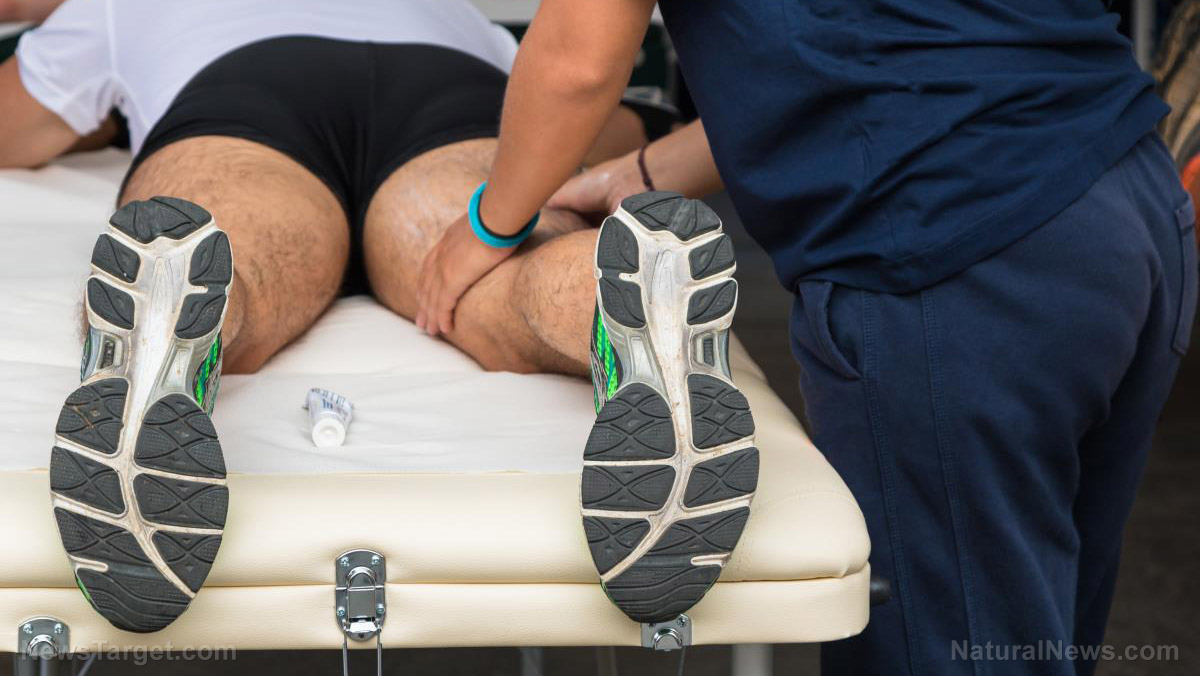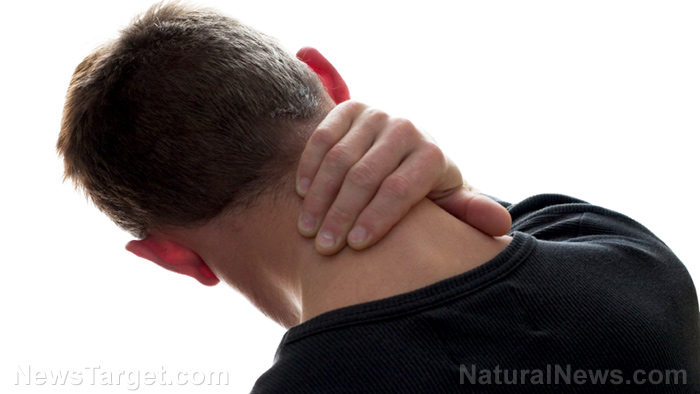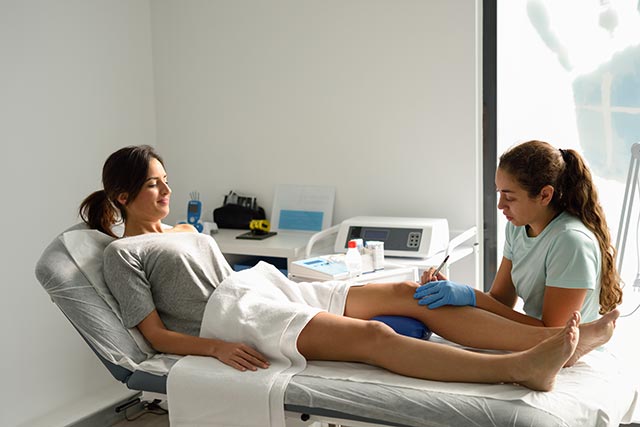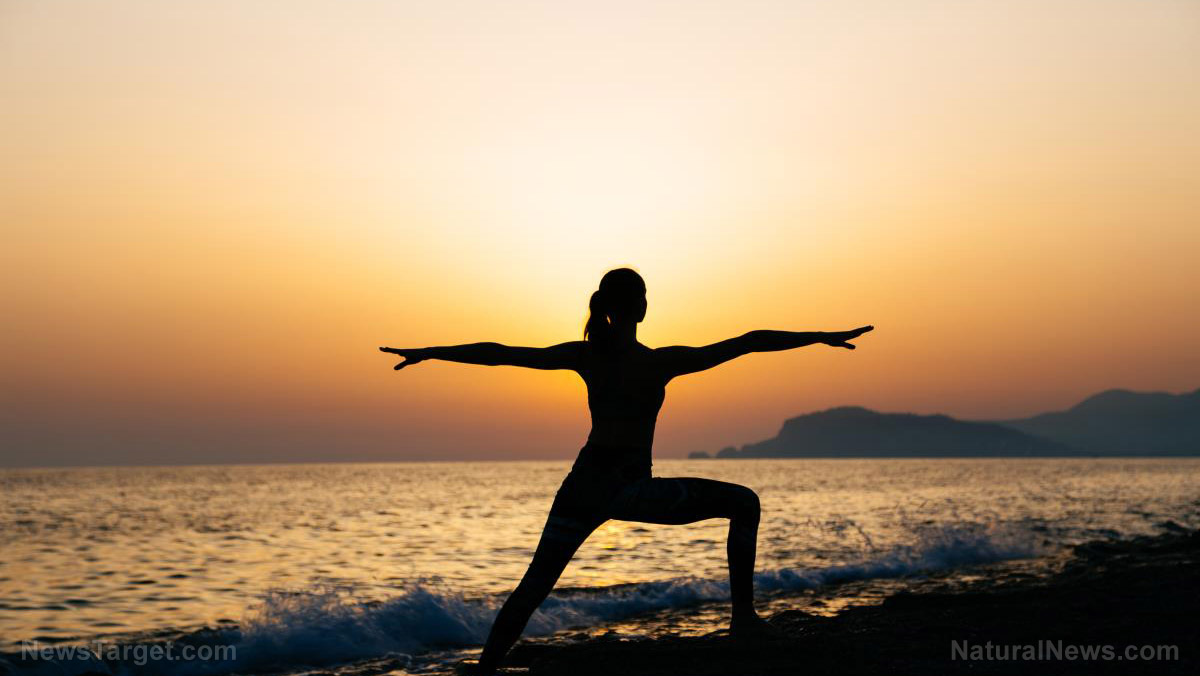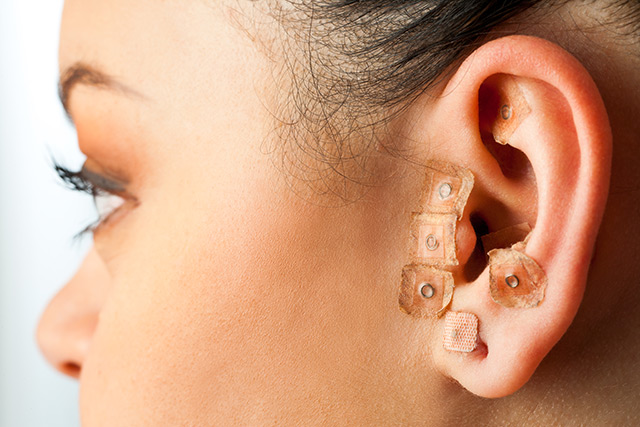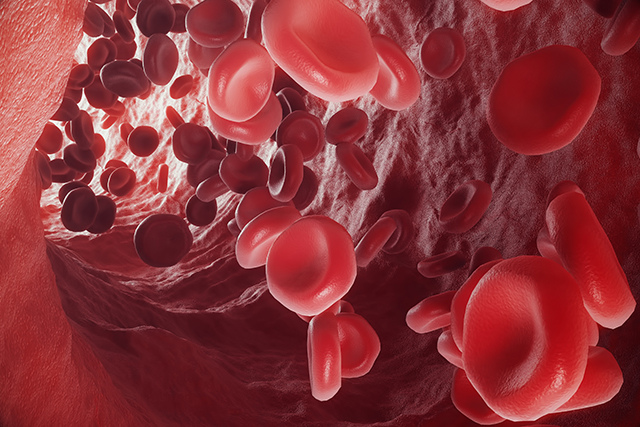Better than drugs: Integrative approaches to treating depression
02/21/2019 / By Rhonda Johansson
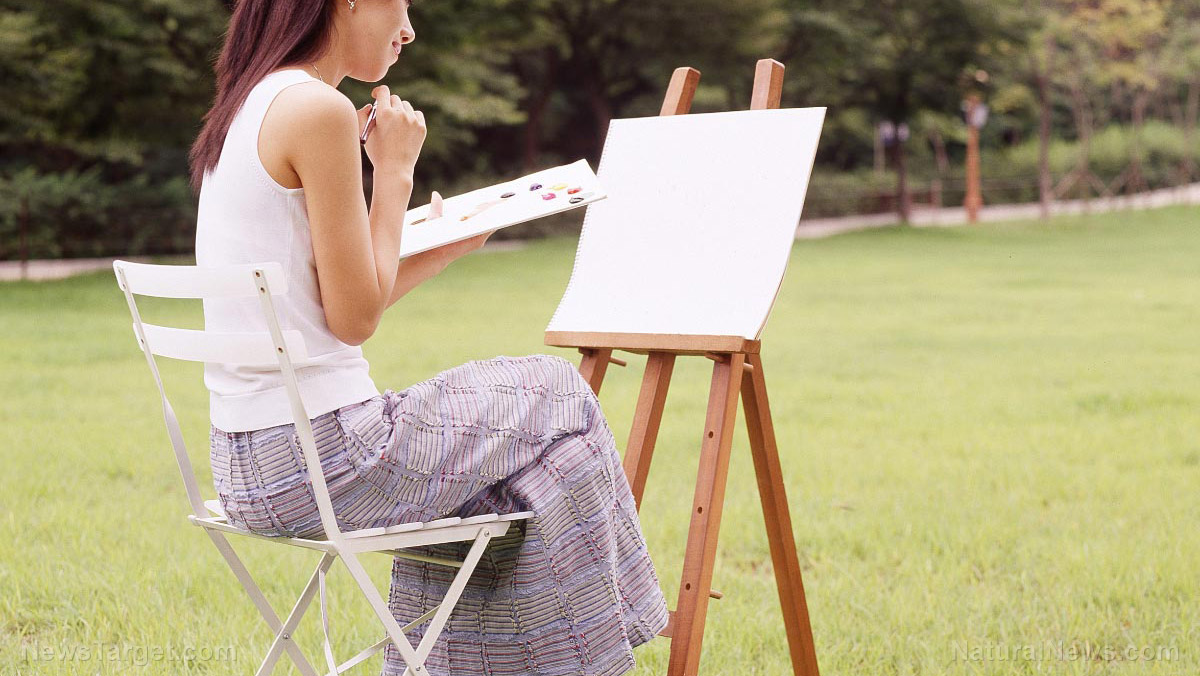
Clinical depression is not something you see, in the same way you acknowledge a bruise or scar. The mental illness, which affects nearly 16.1 million Americans today, is still highly misunderstood, with patients often being told to just “get over it.” However, there is also a physical aspect to depression — many patients say that they constantly experience headaches, body aches, and back pain alongside their own mental struggles. These two aspects of their health are seen as independent of each other.
New medical research proves otherwise. While there is a large emotional component to the pain being felt by a depressed person, there is a cross-link that is real, measurable, and more importantly, treatable. Indeed, more enlightened health professionals agree that the best way to treat depression, and stop it from returning, is to treat both the emotional and physical symptoms of the condition.
This brings us to using various integrative approaches as natural, safe, and effective alternatives to treating depression.
Exercise
This is the simplest and arguably the most effective way to reducing the severity of depression being felt by a person. Exercise has been shown to improve cognition, mood, motor function, and emotional regulation. Dozens of studies have concluded that exercising at a moderate pace for three to four times a week can improve depressive symptoms. One meta-analysis of randomized controlled trials published in 2016 found that exercise worked even better than drugs in treating depression.
Mindfulness meditation
Meditation involves consciously exerting control over one’s breathing and becoming more aware of one’s surroundings. The core of all meditative practices is to become “present” in the “now.” This approach has been scientifically validated to produce multiple physiological and chemical effects such as decreased heart rate, blood pressure, and cortisol (the stress hormone) levels.
Acupuncture
Depression leaves scars — you just have to know where to look. Acupuncture is a traditional Chinese healing art that lessens the appearances of the gashes in one’s soul by reinvigorating the life force (qi) in one’s body. It does this through the insertion of hair-thin needles that are placed on specific points in the skin called acupoints. Stimulating acupoints increases the release of chemicals such as endorphins which directly impact how a person experiences pain.
Several meta-analyses have concluded that acupuncture is more effective at treating depression that commonly used antidepressants.
Art therapy
This clinical intervention uses art as the primary mode of communication. This is normally prescribed for children, who may not know the words to use to express their mental discomfort. An art therapist uses creativity to help bring patients out of their shell. When patients are experiencing intense or confusing emotions, painting, drawing, and the like, can help them learn about, manage, and communicate their feelings better.
A 2018 study published in Psychiatric Rehabilitation Journal found that art therapy significantly improved symptoms of depression in adults.
Music therapy
Music therapy is a well-recognized integrative approach in treating depression. Here, patients identify their issues using music within a therapeutic process. Randomized, controlled trials on the subject have found that elderly patients particularly benefit from music therapy. This may be because older people associate certain life moments with specific tunes.
Herbs and supplements
Studies are proving the connection between your gut and mental health. The physical aspects of depression can be addressed with various herbs and supplements, which in turn affect your mental well-being. Some of the more highly recommended options for this category include: saffron, omega-3 fatty acids, St. John’s Wort, and S-adenosyl methionine (SAMe).
Depression is the rust in your soul that erodes who you are, and how you feel about yourself. The articles at BeatDepression.news may help you find relief.
Sources include:
Tagged Under: acupuncture, alternative medicine, Art therapy, beat depression, brain health, Clinical depression, depression, exercise, herbal medicine, Herbs, mental health, mind body science, music therapy, natural cures, natural medicine, natural remedies, psychiatry, TCM, therapies, traditional Chinese medicine






